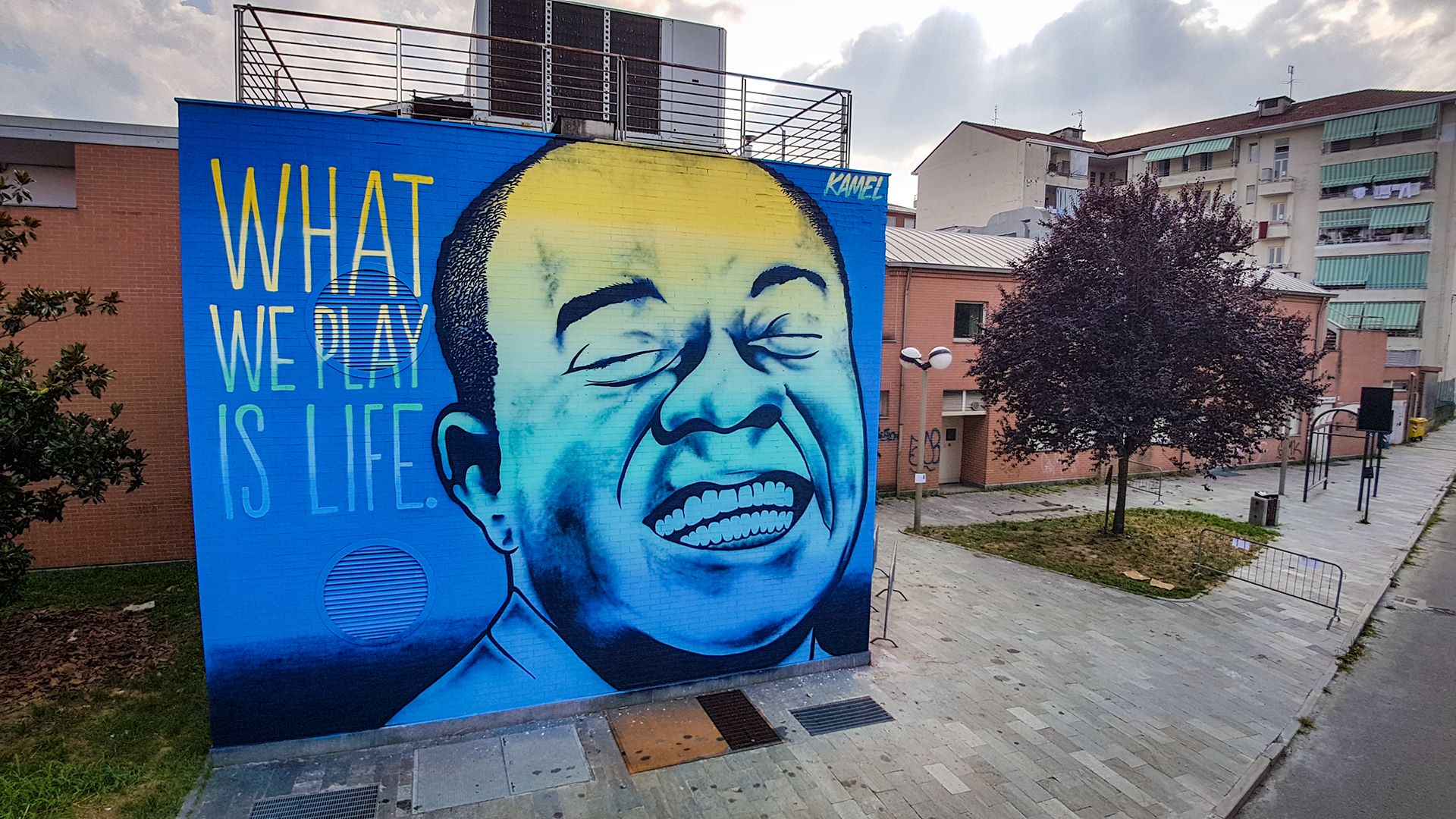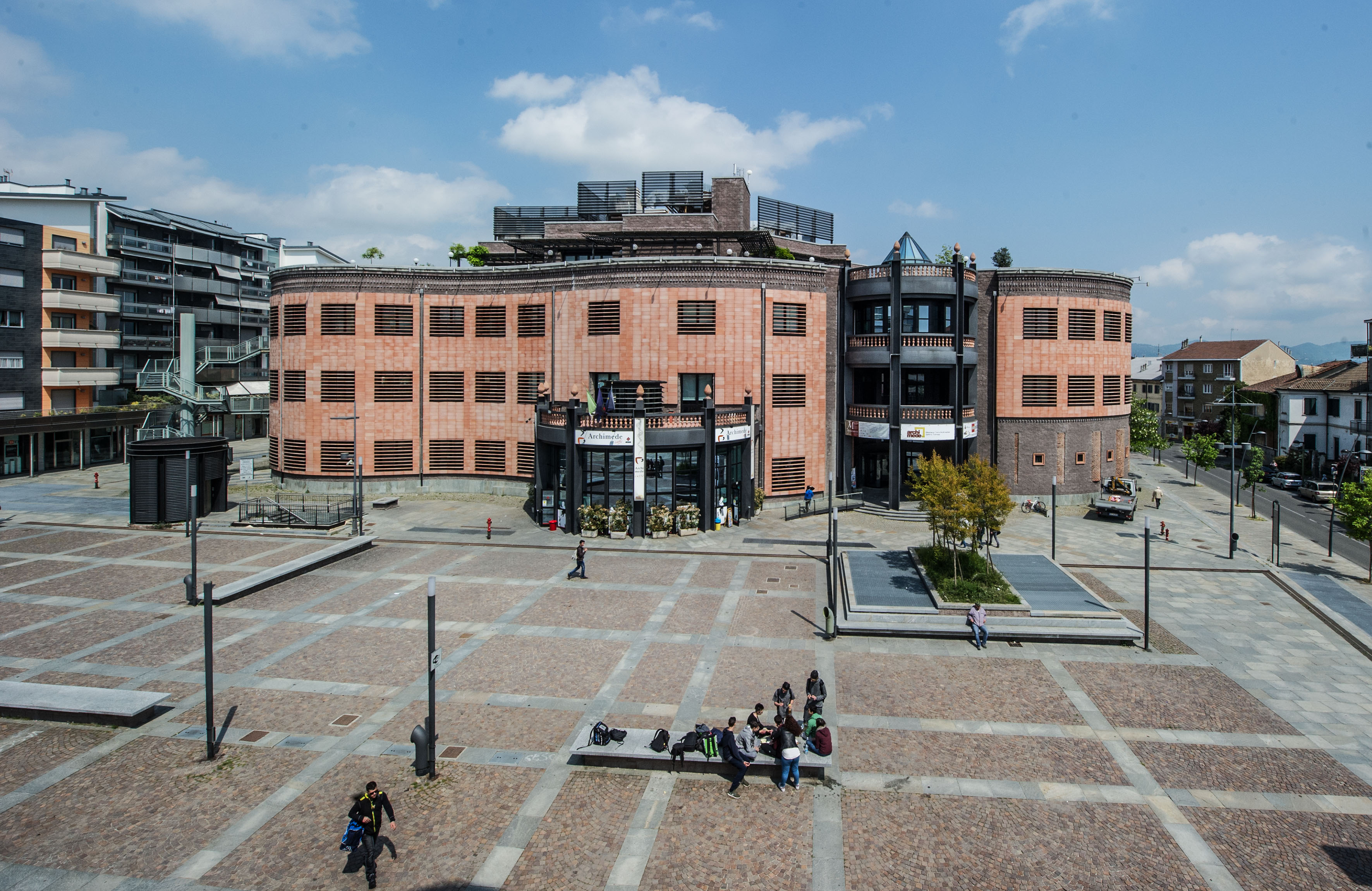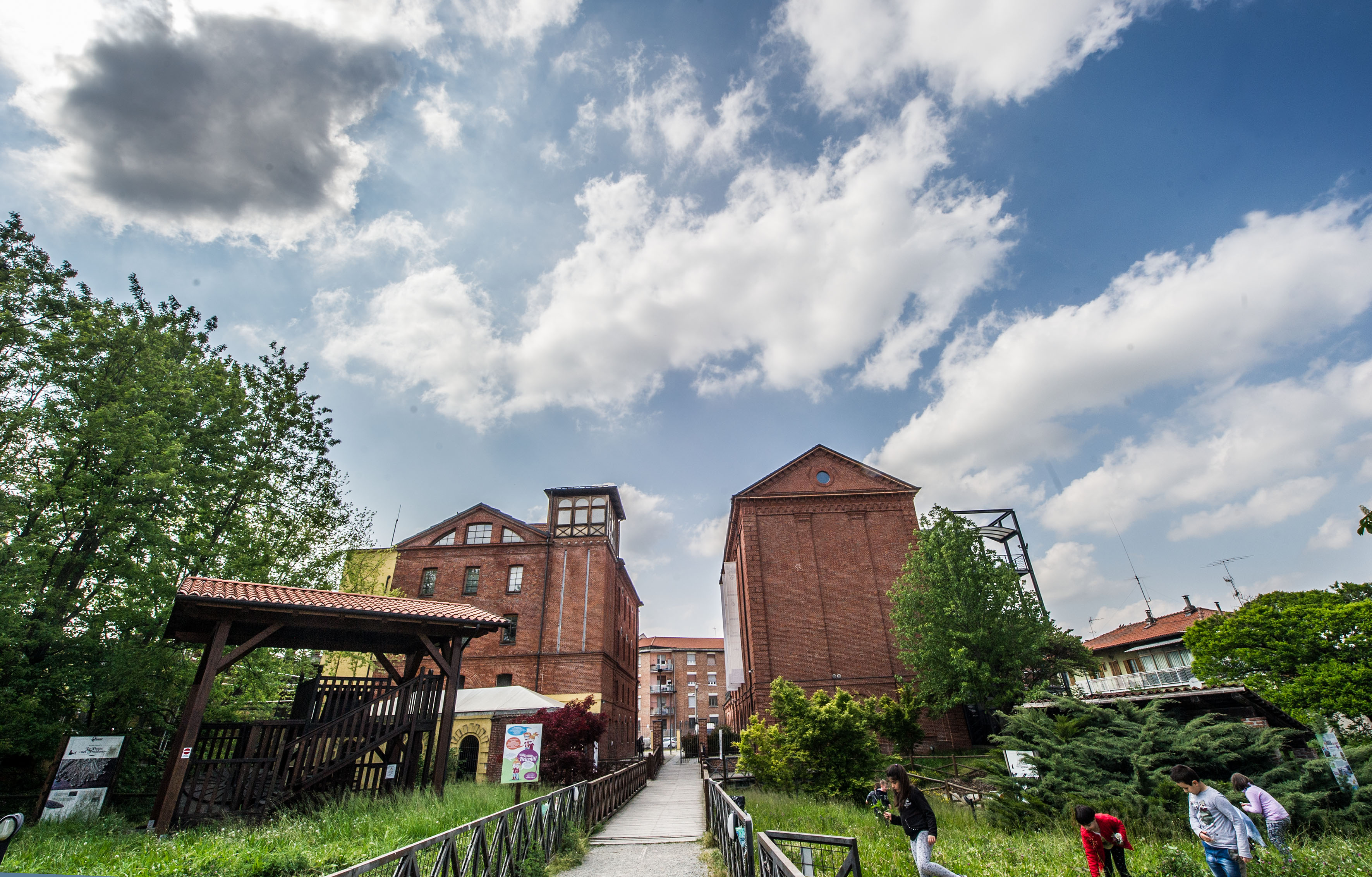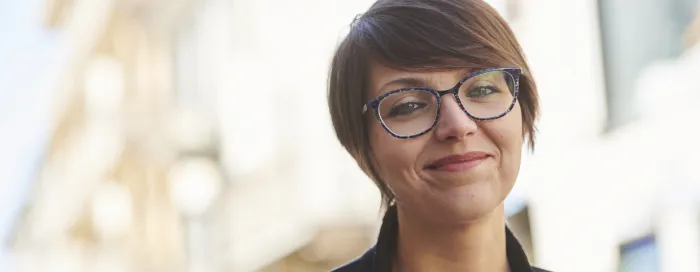This interview is part of our series “#ProgressiveLocalStories”, aiming at raising awareness on the many positive initiatives implemented by progressive cities and regions in Europe in relation to the Sustainable Development Goals. Cities and regions have become laboratories for innovative solutions and, with this series, we want to discover how progressive mayors, councillors and presidents of regions put in place policies to tackle the climate crisis, eradicate social inequalities and build more sustainable communities.
Why is Settimo Torinese a progressive city? How are you implementing a progressive agenda for your city?
Being a progressive city is bred in Settimo’s bones; it is a city that always needs to innovate, reinvent itself and redefine its identity. Settimo was a small rural town of 13,000 people that, between the end of the 50s and the early 60s, reached 43,000 inhabitants. This exponential growth due to industrialisation brought migrants from all over Italy and especially from the south. Different things were missing and, at the end of the 70s, conditions were already in place to transform the town into a suburban one. It however did not happen in this exact way thanks to a progressive reformism and innovation. Settimo had cases of drug addiction in the late 70s in the Piedmont. Today, it has the highest number of book loans and almost received, two years ago, the title of Italian Capital of Culture.
Following these past decades, Settimo now needs a new progressive and innovative chapter to keep up with present and future challenges as well as with a world that has completely changed. The aim of my mandate's agenda is to reinvent social services and other policies that have not changed for decades. Moreover, my purposes are the following: provide new support as well as tools for businesses and work, put young people and families with children at the centre of preoccupations, be more inclusive and take better care of those in need without leaving anyone behind. I also want to set up a completely different relationship with respect to urban spaces and the environment.

Mural by Matteo "Kamel" Burzio on La Suoneria in Settimo Torinese.
What measures have you put in place in Settimo Torinese to turn it into a sustainable city and achieve the Sustainable Development Goals (SDGs)?
In order to be sustainable, both from a social and from an environmental point of view, our cities must primarily be increasingly accessible and inclusive. They must be “inclusive communities”; a concept I believe is wider than being a “sustainable city”. For example, we are working to build a child-friendly city because a city that aims at changing the order of its priorities (giving priority to pedestrians over cars, neighbourhoods over cities, inclusion over exclusion) and which is sensitive to children’s needs will be a city better for all and more democratic.

Archimede Public Library, Settimo Torinese (Photo credit: Città di Settimo Torinese / photo by Daniele Solavaggione)
Since the elections that took place in May 2019, we have already put in place several actions in link to a number of Sustainable Development Goals (SDGs) like reducing social inequalities and rethinking the city from a sustainability point of view. In order to reach this, we first need to create the conditions that would help citizens act more efficiently. To illustrate this, I can list the welcoming of homeless people during the cold emergency (i.e. people who have not been covered by any assistance programme until now); ensuring a coordination between large retailers, restaurants and schools to fight food waste and distribute excess food to people with economic difficulties; creating a working group involving all intervening actors in the implementation of sustainable mobility, micro-mobility and cycling actions (with “Bike to Work” and “Bike to School” programmes). We also have quadrupled the funds for schools in 2020 and have created a participatory budget (i.e. citizens will be able to present projects and decide how to use these funds). We are the first city in Europe to sign a protocol with International Mixed Ability Sports Europe to increase the inclusion in sports clubs of persons with intellectual and physical disabilities and to create “mixed ability” teams coming from different sport disciplines in the city. In the spring, there will be a first edition of a sport festival to raise funds for children unable to afford access to sports. We are now creating coordination tables between municipalities, businesses and the Metropolitan City of Turin to support businesses and trade (this is something that has never happened so far). A lot of work still needs to be done but we are “sowing” many seeds (and planting a tree for each new-born baby).

Freidano Eco-Museum, Settimo Torinese (Photo credit: Città di Settimo Torinese / photo by Daniele Solavaggione)
How can the European Union contribute to make Settimo more sustainable? How can Europe better help cities to achieve the Sustainable Development Goals?
The major challenge (especially in a densely populated and industrial town such as Settimo) is to be able to extend social accessibility to environmental accessibility. A territory like ours (which has been subject to a tremendous amount of industrialisation and that has many industries today) needs a lot of help from Europe (in terms of access to instruments and resources) in order to achieve a transition to environmental sustainability. It is a long and challenging work, but it is necessary to start working on it. A dialogue with Europe is also crucial.
There are two fronts in particular where it is crucial for us to receive Europe’s support. The first is transport and infrastructure: for example, train tunnels for the railway (which nowadays literally cuts the city in two) would be a real revolution from an environmental, social and economic point of view. The second example concerns businesses. Settimo is a post-industrial city where there are 1200 businesses and almost 50,000 inhabitants. In order to achieve a greater sustainability, it is essential for the European Union to take action in the scope of investment and regulation to foster the innovation of businesses and help them in the green transition process. The later might otherwise not happen if there are no instruments to accompany it.
Elena Piastra has been Mayor of Settimo Torinese (Italy) since June 2019. She belongs to the Italian Democratic Party. She became local councillor in Settimo Torinese at 25 years old, local councillor with responsibility for innovation, education, culture and youth policies at 27 years old, deputy mayor at 30 years old, and finally mayor at 35 years old during the election that took place in June 2019. She won by leading a broad centre-left coalition which has been able to combine civic lists and local associations that aim at building a project for the city based on social innovation and environmental sustainability. In the past years, she has been responsible for innovation, youth, culture, budget, intercultural and social policies, contributing to the transition of Settimo Torinese towards smart city and social inclusion policies, including through cultural projects and the reduction of the cultural divide (as recognised by the awarding of the Italian Capital of Culture in 2018). In 2018, she was the national coordinator of the Democratic Party for education.
